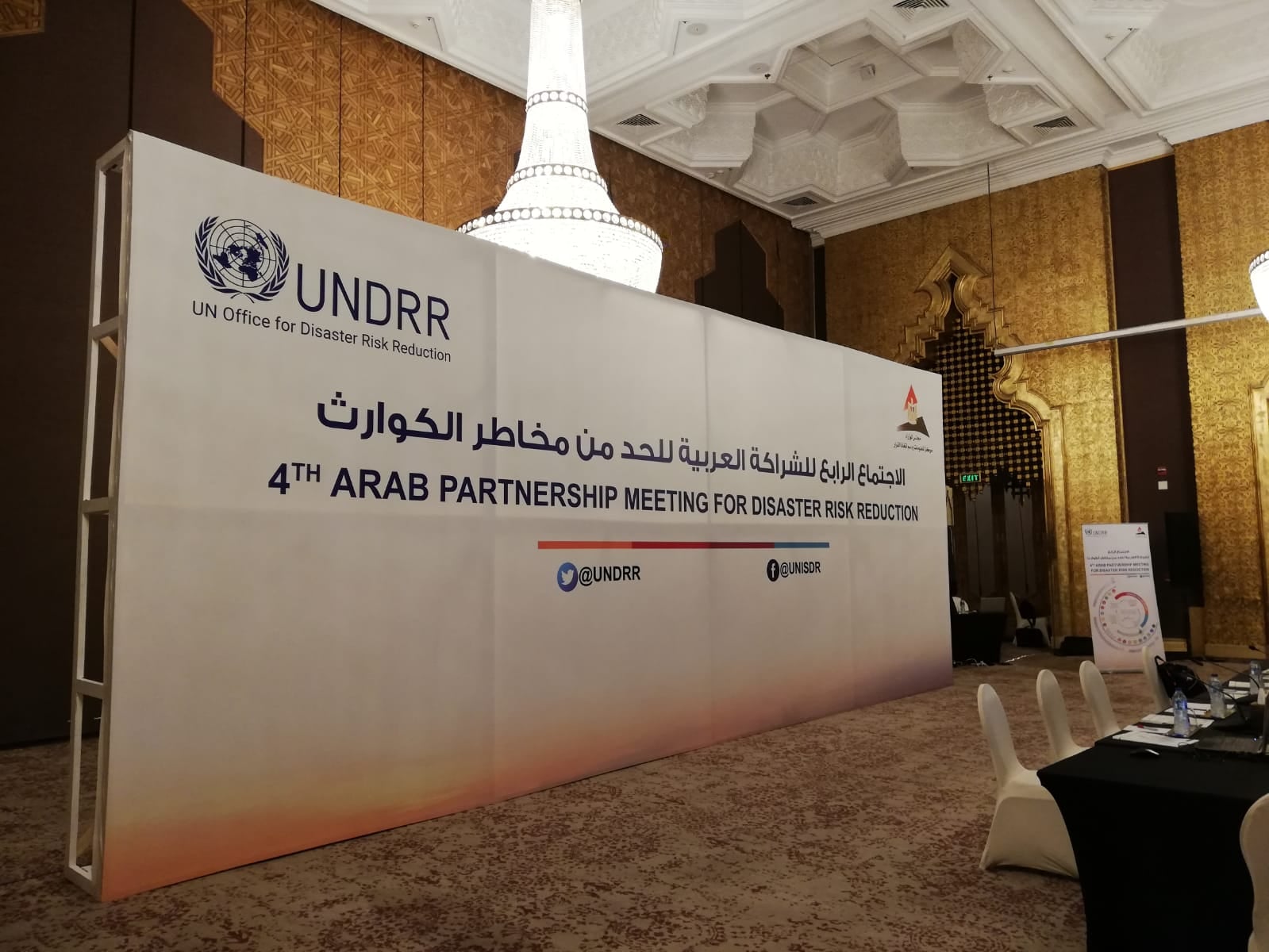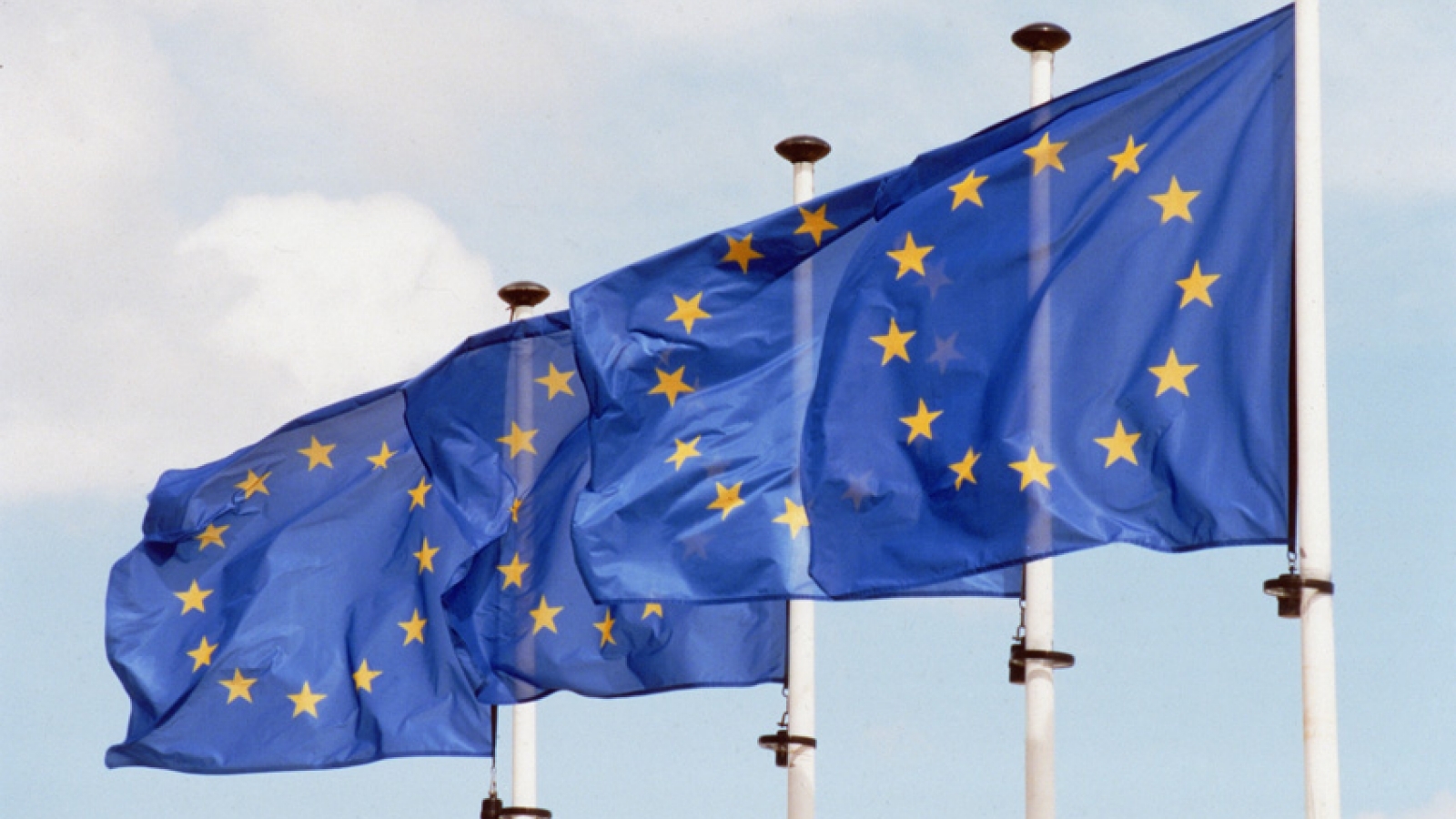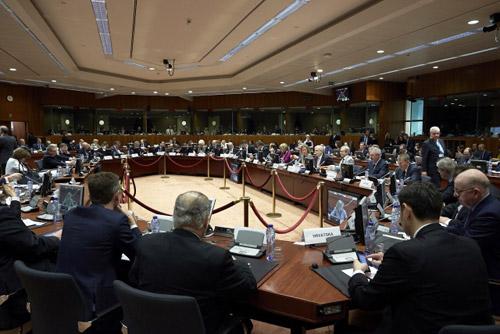MEDREG: Accompanying Algeria to Incentive Energy Companies to Reduce Emissions

The Algerian member – the Electricity and Gas Regulatory Commission (CREG) – participated in a workshop organised by MEDREG in Milan to develop incentive modalities to engage energy companies in climate certifications.
The workshop took place at the demand of CREG, whose country is willing to intensify its efforts to guarantee its population a reliable, clean, and economical energy supply, developing an energy sector based on clean technologies.
Indeed, Algeria aims to reduce its greenhouse gas emissions by 7 to 22% by 2030. Mitigating these emissions is not solely the responsibility of public authorities; it requires coordinated contributions from multiple stakeholders, including private sector companies.
In addition, the European Union recently introduced the Carbon Border Adjustment Mechanism (CBAM), which requires European importers to offset the carbon emissions associated with imported products. Starting in 2026, these companies will have to purchase CBAM certificates for all exports of products such as electricity, hydrogen, steel, cement, aluminium, and chemical fertilizers. Therefore, Algerian companies, particularly those operating in the energy sector, must prepare to comply with new European climate regulations.
The participants from the Algerian regulator dove into the global trends in reducing carbon emissions in the energy sector, the progression towards energy transition and the incentives for emissions reduction in the Mediterranean. Technologies that help with this objective were also presented, such as Carbon Capture, Utilization, and Storage. Best practices for reducing the CO2 emissions in Algeria’s energy sector were recommended too.
Our Algerian member also learned about the Promotion Plan for Efficiency on Energy Consumption (PPEC), which is a Portuguese programme established by the Portuguese regulator ERSE in 2006 to boost energy efficiency in the private sector. Participants were reminded of the importance of ensuring that regulatory incentives are closely aligned with the objective of energy efficiency and friendly to innovative new service providers.




























 Syria
Syria 





